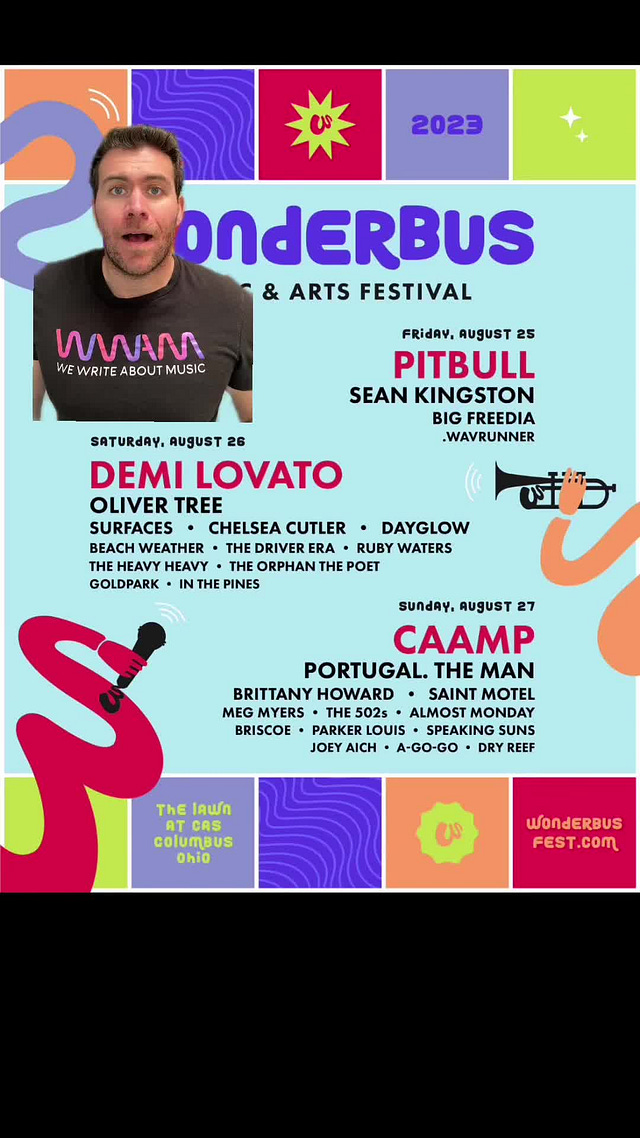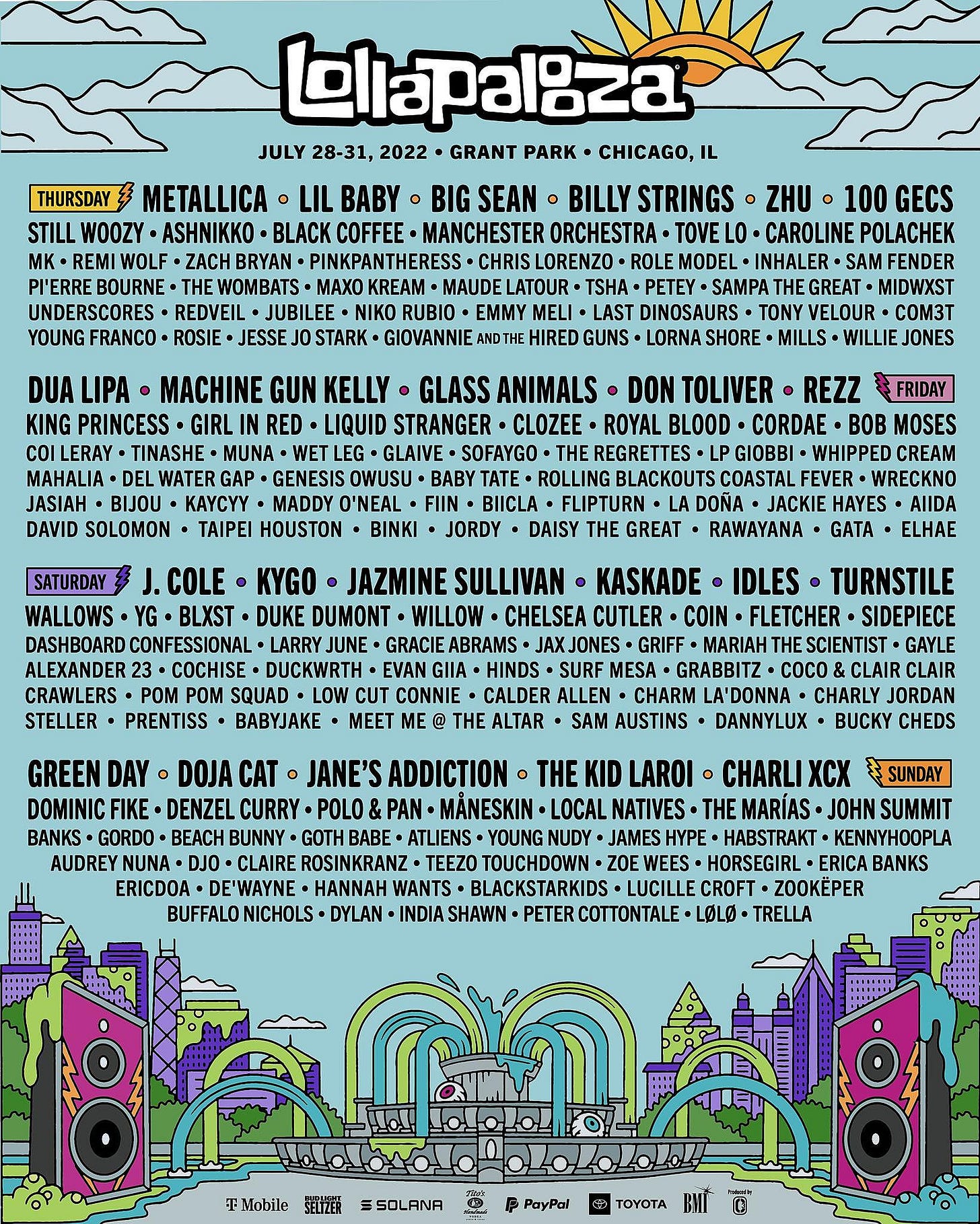Are genres disappearing?
Fans once clung to genre for a sense of identity. Now, fans and artists alike are considering themselves "genre-less."

There’s a line in Arcade Fire’s song “Suburban War” that goes: “The music divides us into tribes”—and this used to be true.
We can all picture a classic teen movie scene where the pop punks refuse to sit with jocks, who probably listen to rap or country. As fans identified closely with their genre, artists had to stick with one sound in order to sell their music. With Gen Z, this isn’t the case.
A Vice survey found 78% of young people can’t identify with one genre. Another Vice article declares that with the rise of genre-blending artists like Lil Nas X and Billie Eilish, the concept of a genre is dying.
As a music journalist primarily covering young artists, I rarely get a straight-forward answer to the genre question. Many artists consider themselves “multi genre” or like to say that their work doesn’t fit under one umbrella (Some friends of mine actually rap in their folk song).
Technology like autotune and mixing allows artists to sample from old music or from a variety of sounds, blurring the lines between genres, according to Genius.com. A music blog The Epidemic of Sound attributes the vanishing of genres to Digital Service Providers like Spotify or playlists, which it calls “the new album.”
“The days of obsessing over one single genre or just a couple of bands are gone. The evolution of tech and culture have slowly morphed music into a genreless landscape”
-Epidemic of Sound
One of the most notable examples of a genre blend in recent years is “Old Town Road,” the rap-country song that fueled rapper Lil Nas X’s rise to popularity. The song caused quite a stir in the music industry, particularly country music, after Billboard removed the song from the Top 100 Country music charts.
Artists changing genres throughout their career is nothing new, and happens quite frequently—Taylor Swift being a great example (although with such an illustrious career, she’s exemplifies quite a bit in music). But let’s talk genre. Swift started as a country singer. After critics deemed her album Red “too pop” and she failed to win any country awards, she embraced a full genre shift with her pop album 1989. Flash forward to the pandemic years, and Swift drops two surprise albums, Folklore and Evermore, which decidedly lean into a folkier, softer pop vibe similar to that of Phoebe Bridgers, with rawer, more acoustic sound production.
But even if an artist doesn’t pick a genre, someone, whether it be an award show or DSP, will likely just assign them one.
Award shows like the Grammys have different metrics for genres than Spotify or other DSPs, which require artists to choose a category so listeners can find their music more easily.
The Grammys defines the alternative category as having innovative qualities, often blending different genres. So, artists calling themselves “genre-less” might find themselves nominated in this category, even though music fans may associate alternative specifically with contemporary rock or pop punk, and Spotify’s algorithm may agree.
The death of the genre may be most evident in music festival lineups. A few weeks ago, a music account on TikTok, with the handle wewriteaboutmusic, posted a video poking fun at the lineup for Wonderbus music festival in Columbus, Ohio, with headliners Pitbull, Demi Lovato, and folk band Caamp.
“I’m not saying this is bad, I’m more concerned with who this festival is trying to target,” the user in the video says.
For a small music festival, it is unusual to have such a wide representation of genres, especially for the headliners. Larger festivals like Coachella, Firefly, and Lollapolooza have been mixing genres for years, like alternative and rap artists. There are still festivals dedicated solely to one genre, like country or folk or rap, but even those lines are becoming blurrier and blurrier with artists like Zach Bryan who fall under the country umbrella but make folkier sounding music. Bryan recently collaborated with alternative pop artist Maggie Rogers for the song “Dawns,” which he doesn’t even consider country.
According to data on 2022 music festivals from Viberate, electronic music still dominates the festival scene, with electronic artists having the most bookings of any other genre artists for festivals. Rock artists are second most booked, followed by pop and hip hop. Indie pop is the leading sub-genre in terms of bookings.
But the 2023 lineup for Lollapalooza, which Viberate calls the #1 pop music festival, includes headliners Billie Eilish, Lana Del Rey, Kendrick Lamar, Odesza, and the Red Hot Chili Peppers. The 2022 lineup had Dua Lipa and Metallica as headliners. It’s fair to say “pop” is a loose descriptor.
It’s safe to say, fans today like a broader spectrum of music. No one is choosing to listen to just pop punk or just country, and many would love to attend a festival that includes all their favorite artists across multiple genres—Pittbull and Caamp, for example, as odd a mix as that seems.






